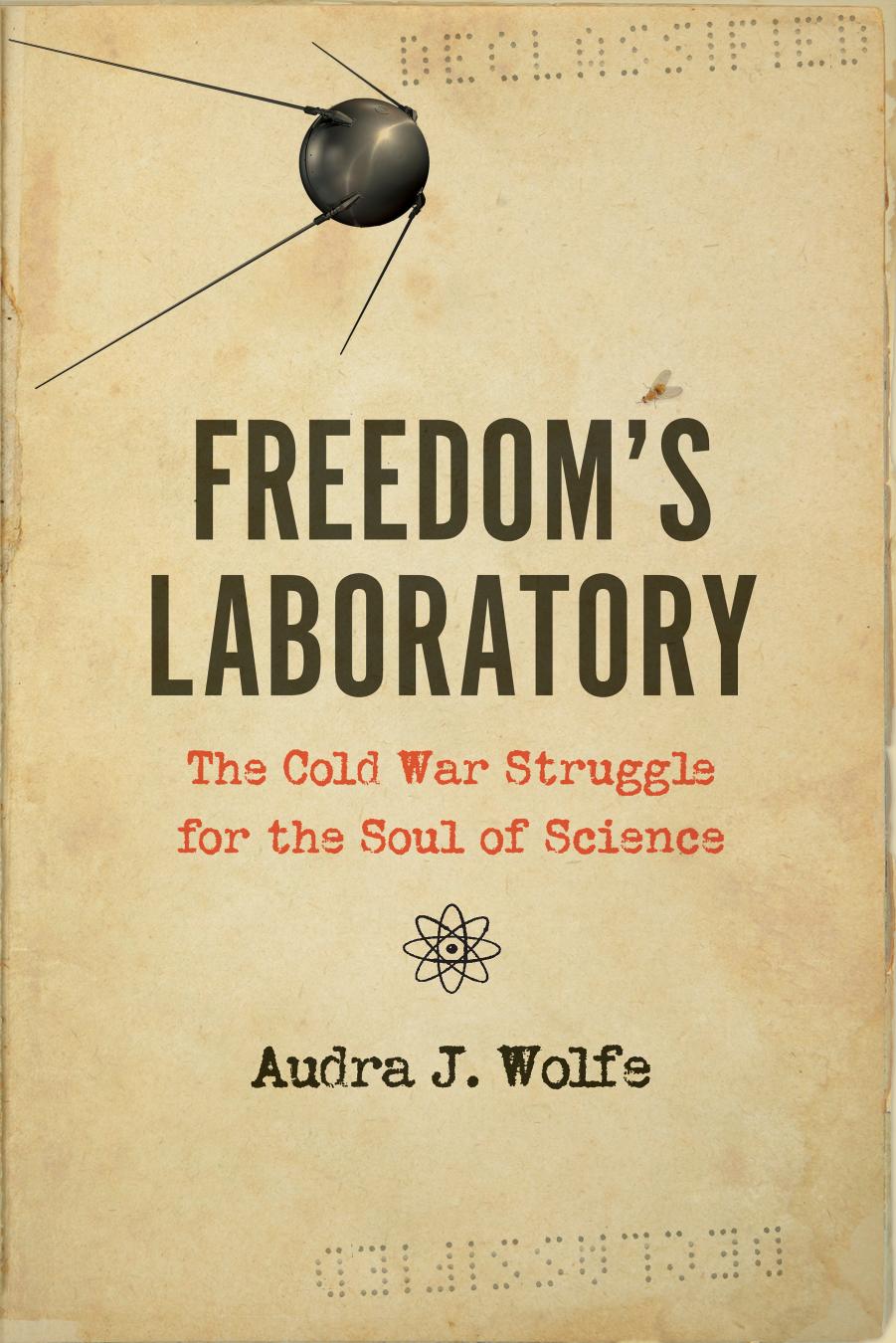Freedom's Laboratory by Audra J. Wolfe

Author:Audra J. Wolfe [Wolfe, Audra J.]
Language: eng
Format: epub, pdf
ISBN: 9781421426730
Publisher: Johns Hopkins University Press
Published: 2018-01-15T07:00:00+00:00
Unbeknownst to the reporters, the question of what the president knew and when he knew it would drive both Soviet propaganda and histories of the CIA’s covert activities for years to come. Even today, it shapes how we, as historians, curious readers, and observers of politics, grapple with private citizens’ involvement in Cold War propaganda campaigns.
In April 1967, when the pace of the revelations had slowed somewhat, the State Department reported that Pravda and Izvestia had “dredged up” old charges that all US foreign operations contained elements of espionage. Soviet media particularly targeted the Peace Corps, alleging that “70 percent” of Peace Corps volunteers were “in the pay of the U.S. intelligence agency.” The US Information Agency was attacked as being “largely a front for [the] CIA,” as was USAID. Most ominously, the State Department reported that Soviet propaganda portrayed the CIA “not so much as the instrument but as the motive force of American activity abroad”—an interpretive line that will be familiar to anyone who’s spent much time reading about the CIA.10
Contact paranoia is a real hazard for people who write about the history of the CIA. In the summer of 2012, I was preparing for a trip to California to examine the archives of the Asia Foundation, now housed at the Hoover Institution Library and Archives on the campus of Stanford University. I had only recently learned that the pre-1967 Asia Foundation was not, in fact, an independent nongovernmental foundation. An archivist at Hoover had sent me the finding aid for the collection, which lists the individual folders contained in more than 400 boxes’ worth of materials. I spent an entire afternoon, transfixed and appalled, scrolling through page after page listing materials on every conceivable category of nonprofit organization, from the Brookings Institution to the Girl Scouts and the Suicide Prevention Center. The list included entries for most US scientific organizations, including the American Anthropological Association, the American Association for the Advancement of Science, the American Chemical Society, the American Geophysical Union, the American Institute of Biological Sciences, the American Mathematical Society, the American Medical Association, the American Psychological Association, the American Sociological Association, the National Science Teachers Association, and many smaller professional organizations, as well as several folders on the NAS and the National Science Foundation. A person browsing this list could be forgiven for wondering whether every single US voluntary group doing work abroad was, in fact, doing the CIA’s bidding.11
But the reality of these arrangements was more complicated than this. The Asia Foundation did not necessarily interfere in the operations of these organizations; instead, it interfered in the sovereignty of foreign countries by easing the possibility of US groups’ operating in places that US policymakers wanted to influence. The distinction is subtle but meaningful. The US image abroad depended deeply on the work of genuinely voluntary groups, like the American Mathematical Society or the Girl Scouts, that frequently had no idea that their overseas work was being assisted, at arm’s length, by an intelligence agency.
Download
This site does not store any files on its server. We only index and link to content provided by other sites. Please contact the content providers to delete copyright contents if any and email us, we'll remove relevant links or contents immediately.
Enlightenment Now: The Case for Reason, Science, Humanism, and Progress by Steven Pinker(6414)
The Immortal Life of Henrietta Lacks by Rebecca Skloot(3832)
A Journey Through Charms and Defence Against the Dark Arts (Harry Potter: A Journey Through…) by Pottermore Publishing(3672)
Elon Musk by Ashlee Vance(3459)
Origin Story: A Big History of Everything by David Christian(3144)
A Journey Through Divination and Astronomy by Publishing Pottermore(3141)
COSMOS by Carl Sagan(2959)
Enlightenment Now by Steven Pinker(2920)
Alchemy and Alchemists by C. J. S. Thompson(2917)
Inferior by Angela Saini(2838)
Bad Pharma by Ben Goldacre(2734)
Shadow of Night by Deborah Harkness(2727)
A Mind For Numbers: How to Excel at Math and Science (Even If You Flunked Algebra) by Barbara Oakley(2693)
Origin Story by David Christian(2690)
Signature in the Cell: DNA and the Evidence for Intelligent Design by Stephen C. Meyer(2505)
A Brief History of Time by Stephen Hawking(2480)
A Journey Through Potions and Herbology (A Journey Through…) by Pottermore Publishing(2452)
The Elements by Theodore Gray(2446)
The End of Faith by Sam Harris(2296)
